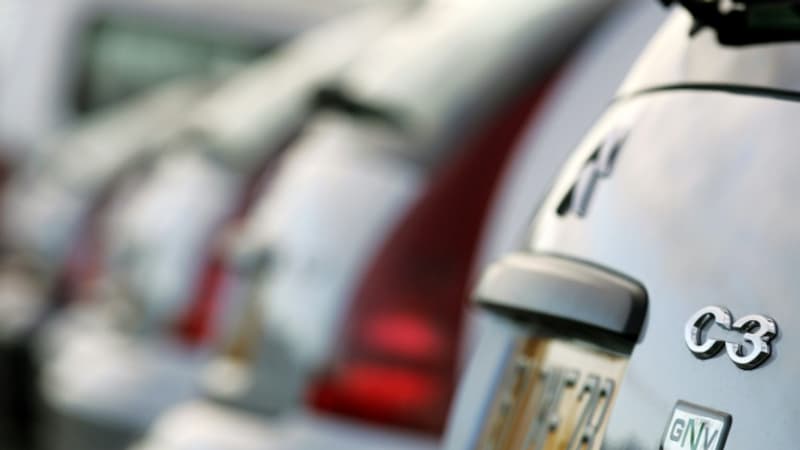They are thousands of drivers who can no longer use their vehicle due to potentially dangerous airbags. Remember that Citroën has just extended To all the metropolitan France Its “Stop Drive” reminder in these defective air bags, equipping the C3 and DS3 produced between 2009 and 2017.
Despite Citroën’s warning, many owners continue to use their vehicle, even if only to work. Because they have no choice.
However, since Stellantis expressly asked the owners to stop driving their car until it repairs, is this a sufficient reason to justify an absence at work?
The answer is not obvious. “An employee who would not go to his work would be exposed to a salary deduction, even a disciplinary sanction or a termination of his employment contract if the situation would last several days or weeks,” he explains to BFM Business, Marion Kahn. Guerra, a lawyer specialized in labor law within the paradilis cabinet.
Alternative
Because according to her, “the employee can find alternative means to go to work (public transport, shared trip, for example). The employee must be in an extreme case, far from all public transport and without any possibility of doing the compartment to share the Majeza compartment is possibly recognized.
“The question is whether this problem of the air bag constitutes a case of force majeure, which will be remembered as an external fact that escapes the employee control, a fact that must also be unpredictable and irresistible. We could discuss the unpredictable character since Apparently the vehicles in question had already been withdrawing in southern France, “continues the expert.
Marion Kahn-Guerra advises above all the dialogue and does not put your employer before the consummate.
“In case of specific difficulties, we can only advise the employee who discusses it with his employer. Alternative solutions can be provided, according to the employer, such as teleworking when possible, or taking days of RTT or leaving. ‘The employer You can put a vehicle available for the employee for the exclusive use of home travel without this constituting an advantage in kind. “
Another scenario to consider: What about professional trips for the exercise of its missions with a company vehicle provided by the company (or yours) that would be affected by retirement? In this case, the situation is very clear.
Inexcusable failure
“The employer has the obligation to guarantee the health and safety of his employees at the time and in the workplace. If the company’s vehicle made available to the employee is one of the vehicles in question, we can only strongly advise the Employer to make another vehicle.
“In fact, in case of an accident, the employer’s responsibility could be sought in the context of an inexcusable procedure for failure recognition. In the same way if the employee uses his personal vehicle to make professional trips (not to confuse with the trip in the home that is not a professional trip) “, underlines Marion Kahn-war.
Source: BFM TV


